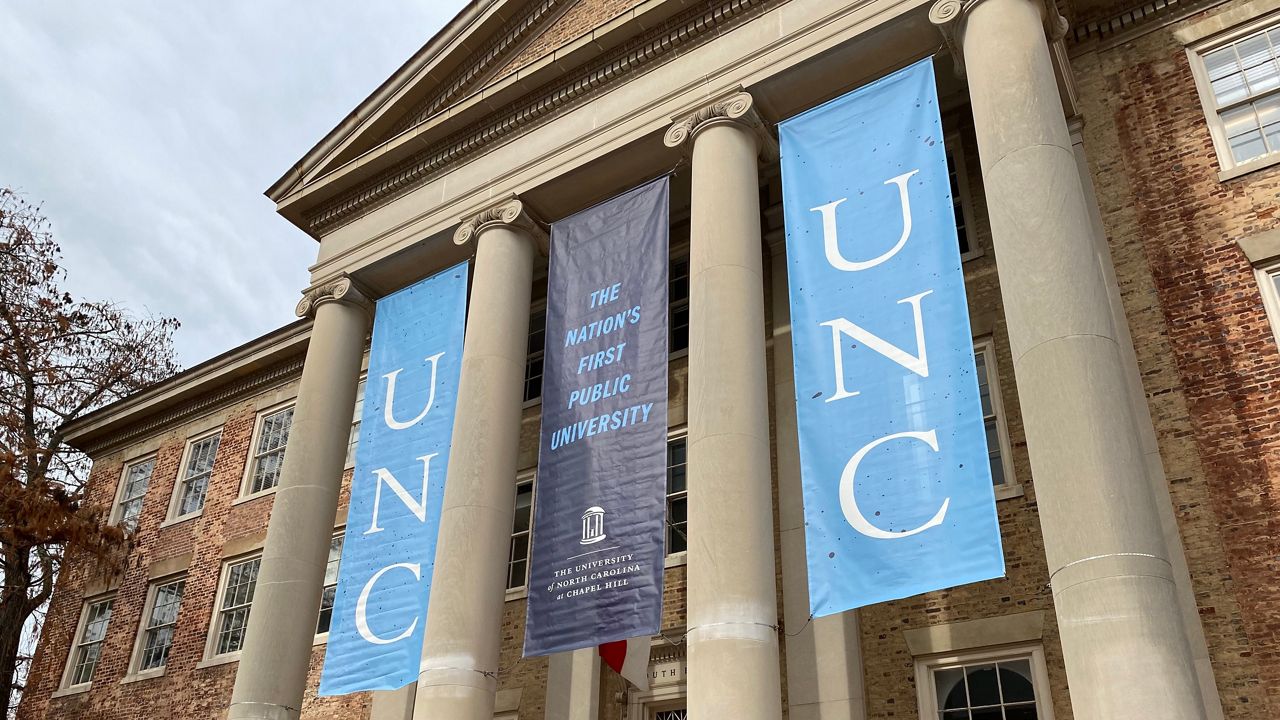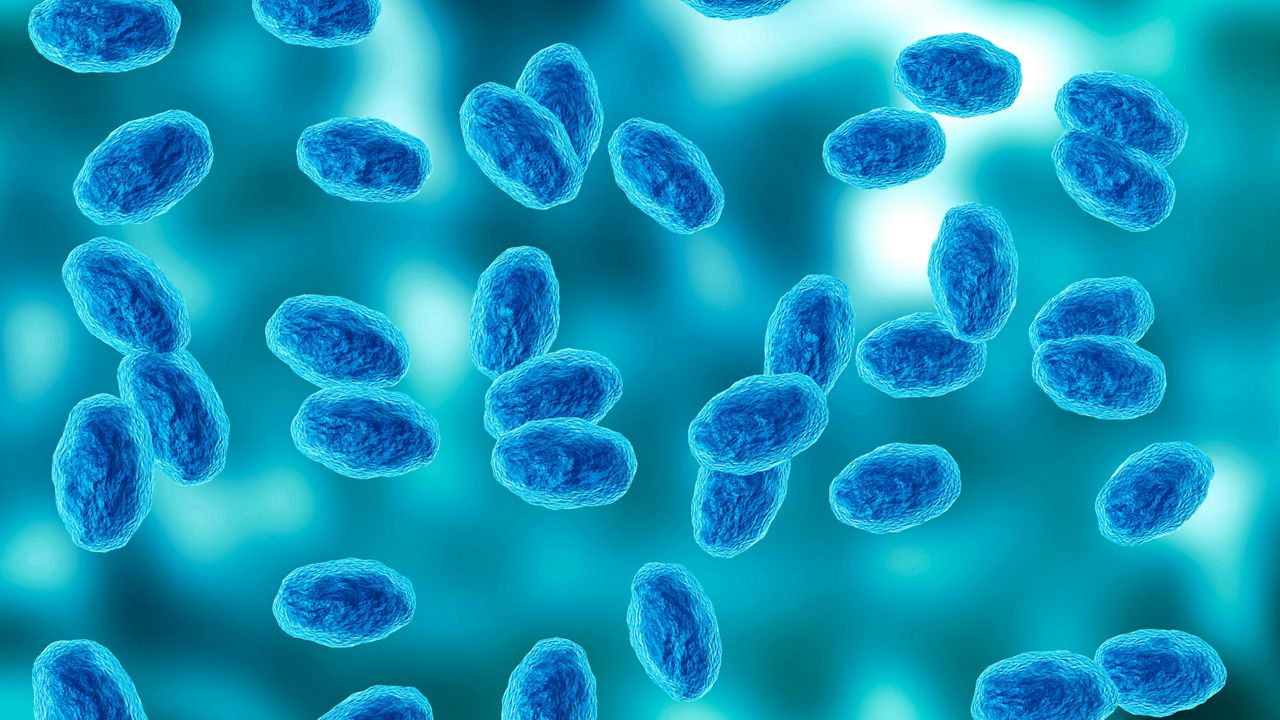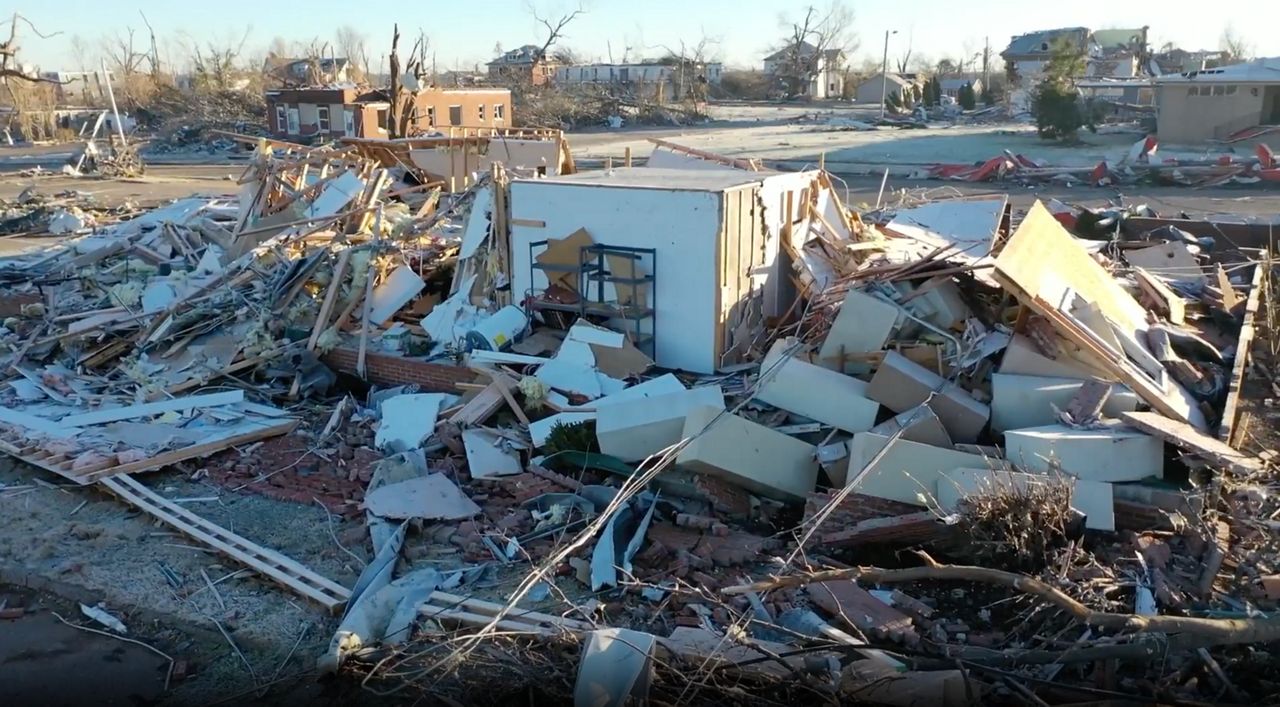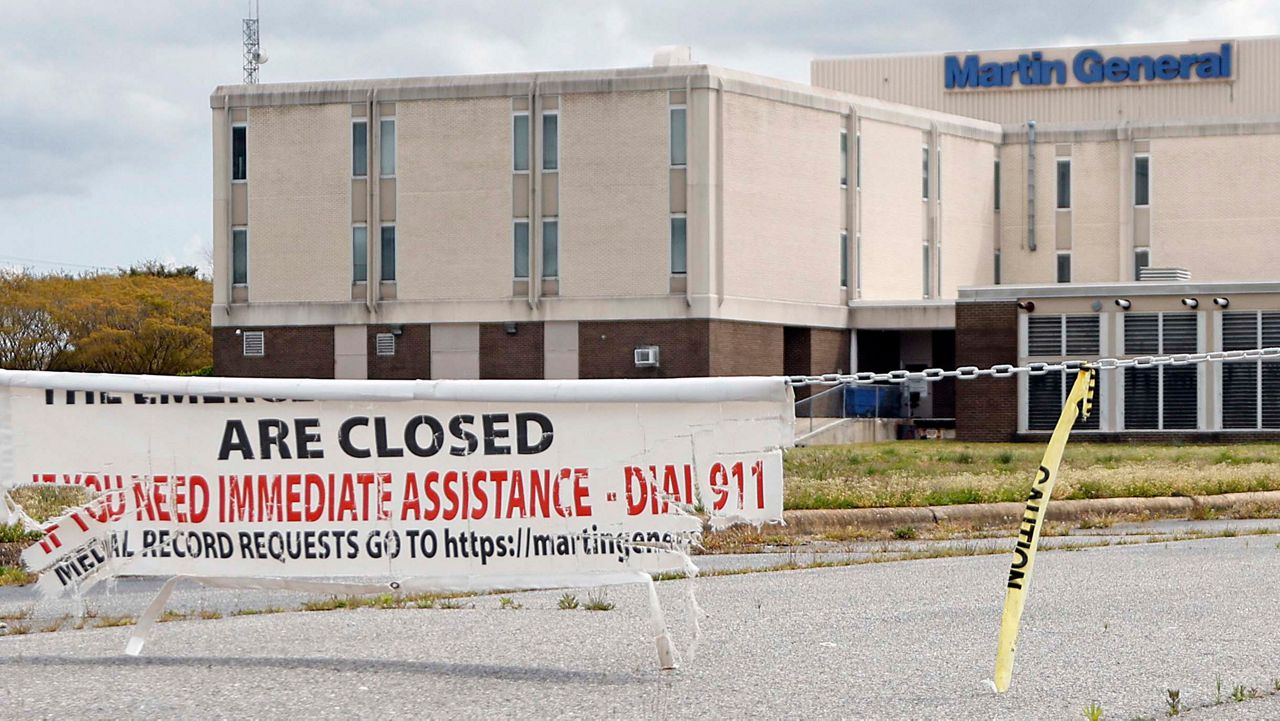With students back at colleges and universities in North Carolina, doctors are keeping a wary eye out for possible monkeypox outbreaks.
As of Friday, 322 people have been diagnosed with monkeypox in North Carolina. Monkeypox can be painful, but the virus is generally not fatal. The outbreak in the United States and Europe has largely been transmitted by close contact between men.
“College campuses definitely have a lot of intimate contact, whether that be sexual, whether that be sports, because there’s a lot of contact sports where you can see the spread like we see staph infection spread,” said Dr. David Wohl, an infectious disease specialist at UNC School of Medicine.
“The campus health clinic seems to be ahead of the hospital in being able to anticipate the needs of the student population. I’ve been very impressed by how campuses are getting ready.”“A lot of student health clinics are prepared, are ready. They’re reaching out to people who are known to be at risk and getting protocols in place,” he said. “The campus health clinic seems to be ahead of the hospital in being able to anticipate the needs of the student population. I’ve been very impressed by how campuses are getting ready.”
He said the first thing campus health centers need is to be able to identify possible monkeypox cases.
“Seeing someone who comes into campus health who might have an ulcer or two, really being sensitive that this might be monkeypox, even if they don’t fit the demographic we expect to have monkeypox,” he said.
The second thing campuses can do is vaccinate people at the highest risk of catching the virus. Right now, that means men who have sex with men, Wohl said.
There’s been a shortage of vaccine for monkeypox in the United States. Almost 11,500 people in North Carolina have gotten the vaccine.
“The other thing that some of the campus health folks are doing that I think is really important is getting ready to provide treatment for those who need therapy and not having to catch up,” he said.
Wohl said there is a treatment for monkeypox that, at least anecdotally, works. The drug, TPOXX, was developed to treat smallpox. But at the time, smallpox was extinct.
“To show that the drug worked, they gave it to monkeys. And since monkeys don’t get smallpox, but they get monkeypox, they infected the monkeys with monkeypox and used the drug to see whether or not it would curtail the clinical course of monkeypox,” Wohl said.
With a turn of fate, it’s now being used to treat monkeypox in humans.
The drug’s safety has been tested for humans. The National Institutes of Health is funding studies to get hard data on how effective the treatment is for monkeypox.
The main problem with TPOXX, Wohl said, is that it’s held in the national strategic stockpile in case of a bioterrorism attack.
“We have to get it from the federal government and it requires jumping through a few hoops,” Wohl said. “That has been a drag on the use of TPOXX.”
But, he said, the government appears to be trying to make the medication more accessible.
Wohl said cases appear to be leveling off in North Carolina and nationally. But he cautioned that there could be another wave, potentially in a different population. The biggest thing now, he said, is getting more vaccines out into the community.









